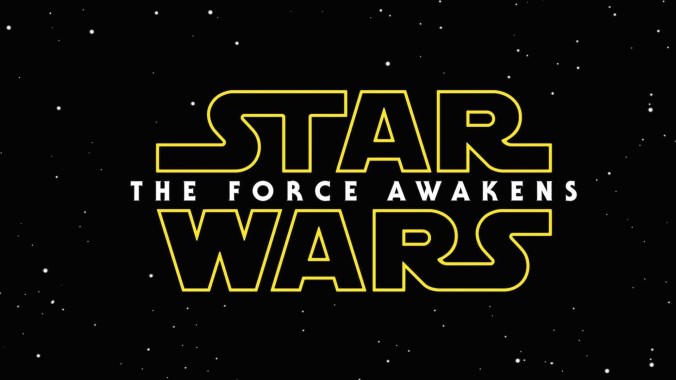
Good characters aren’t stick figures. They demand more detail than lines, circles, and basic expressions.
As writers, if we want our characters to go from good to great, we’ve got to do more. It’s our job to fill in the lines, to add shading, texture, subtlety, and nuance.
It’s difficult, but that doesn’t mean we can’t do it. Here are a few good places to focus:
Voice
Giving characters distinct voices helps make them feel real. Easier said than done.
One of the best ways to find a character’s voice is writing that character constantly. You probably won’t find a character’s distinct tone the first time you write them. More likely, you’ll write them, revise them, and refine their voice over time.
A great example is George R.R. Martin’s Patchface, a weird jester who speaks in poems and riddles. For example: “Under the sea, smoke rises in bubbles, and flames burn green and blue and black. I know, I know, oh, oh, oh.” He’s mysterious, nutty, and a little creepy, with a tone all his own.
Mannerisms
Mannerisms are key to good characters. Sherlock Holmes, for example, wouldn’t be the enduring character he is without this famous line: “Elementary, my dear Watson.”
Like good dialogue, effective mannerisms suggest details about your characters. The above mannerism works because it indicates who Sherlock Holmes is: an intelligent, sophisticated, slightly patronizing fellow.
A mannerism to avoid is something like a character pushing their glasses up all the time. Though it’s a repeatable quirk, it doesn’t suggest anything about our character (other than poor vision).
Backstory
Past experiences shape us all. Characters are no different.
Try to imagine what a character’s life was like before the book begins. Take Jack Torrance, the main character of Stephen King’s classic, The Shining. A huge part of that novel is his past violence toward his son, Danny. Jack constantly tries to atone for it throughout the novel, which shapes his actions, and therefore, him.
One important detail: all this backstory need not appear in your work. Sometimes it’s best to leave it out, since heavy backstory can impede the flow of an otherwise good yarn. Still, as the writer of the story, it’s good information to have in your back pocket, since it might help inform later behaviors.
There’s tons more that goes into building great characters, but these are three of the essentials. Use them to fill in those stick figures.





